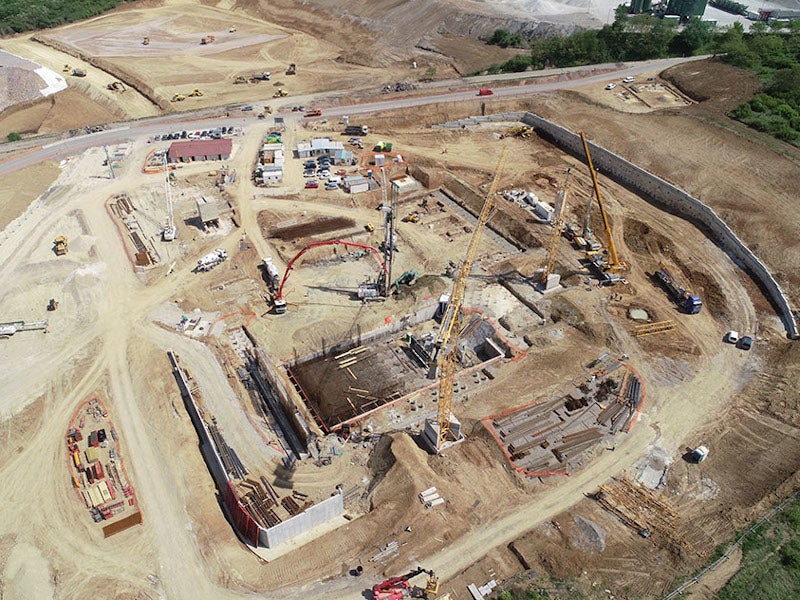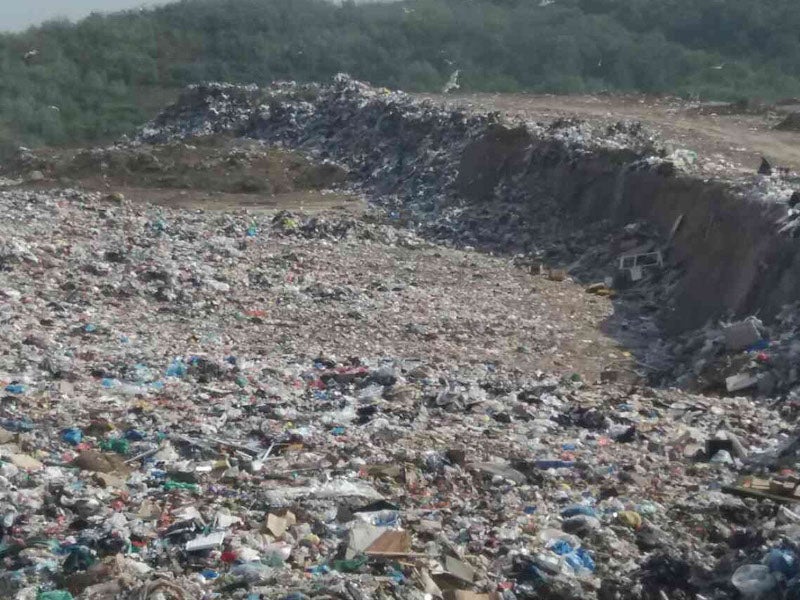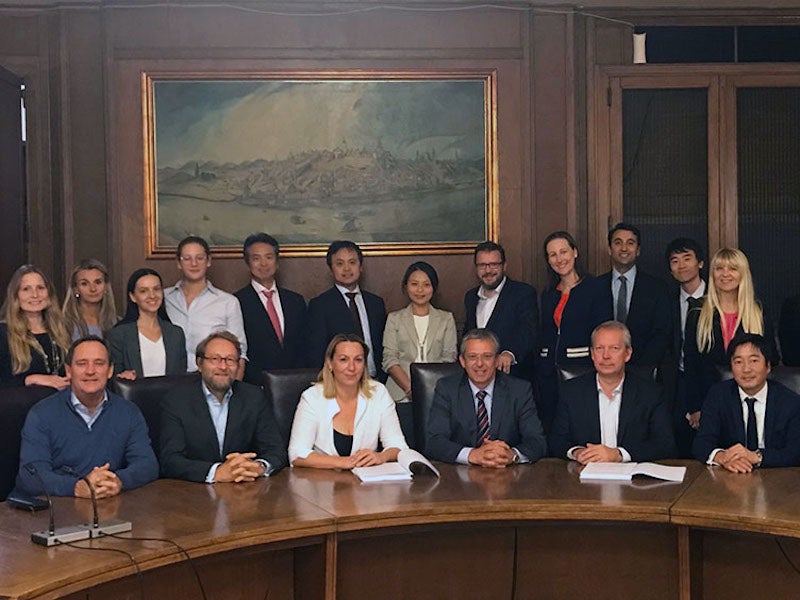The Belgrade waste-to-energy project is a 103MW heat and electricity generating project being developed in public-private partnership (PPP) at Vinca, Belgrade, Serbia.
The project is intended to replace the existing landfill at Vinca which has accumulated more than 10 million tonnes of waste over four decades of operation and is considered to be the biggest unmanaged landfill in Europe.
The Belgrade waste-to-energy facility is being developed by Beo Čista Energija (BCE), a special purpose company formed by French utility company Suez, Japanese conglomerate Itochu, and pan-European equity fund Marguerite II.
The construction on the £330m (€370m) waste-to-energy project was started in October 2019 with the start of operation expected in the second quarter of 2022.
The Vinca waste-to-energy facility is expected to operate for a period of 25 years and generate renewable heat and electricity for approximately 30,000 households in Belgrade by treating approximately 340,000 tonnes (t) of household waste a year.
Project location and development history
The Belgrade waste-to-energy project site is located near the Vinca landfill, approximately 15km away from Belgrade, the capital city of Serbia. The project site covers the entire area of the Vinca landfill dumpsite which covers approximately 40ha near the banks of the Danube River.
The Vinca landfill is a massive non-hygienic landfill which has been in operation since 1977. It is currently used for the disposal of waste from thirteen municipalities representing approximately 90% of the total waste generated in the greater Belgrade city area.
The City of Belgrade decided to improve the solid waste disposal system for the city through the closure and remediation of the existing Vinca landfill, and the development of a new landfill along with an energy-from-waste facility in August 2015.
Tender for the project was issued in May 2017 followed by bidding submission in July 2017. The Beo Čista Energija (BCE) consortium was awarded the 25-year PPP contract for the project in September 2017.
Financing
The Beo Čista Energija (BCE) consortium partners entered into a £265m (€300m) non-recourse loan agreement with the International Finance Corporation (IFC), the European Bank for Reconstruction and Development (EBRD) and the Development Bank of Austria in September 2019.
The project reached the financial closure for a £260m (€290m) loan facility in May 2020.
The European Bank for Reconstruction and Development (EBRD) agreed to provide £115m (€128.25m) of a syndicated loan including £65m (€72.25m) from its own account, £31m (€35m) from the Erste Group Bank and £19m (€21m) in concessional finance from the Green Energy Special Fund, which is funded by TaiwanICDF.
Belgrade waste-to-energy project details
Apart from the 103MW energy facility, the Belgrade waste-to-energy project involves the closure and remediation of the existing Vinca landfill, the construction of a new leachate-controlled seven million cubic metres (mcm) capacity landfill, a recycling unit to treat approximately 200,000 tonnes per annum (tpa) of construction and demolition waste, and an engineered landfill with biogas recovery facility.
The new sanitary landfill will be surrounded surround by a dike featuring leachate drains will on its internal slope and run-off water ditches on the external side. The entire landfill area will be covered with up to 1.3m-thick recultivation layer.
The waste-to-energy facility will be capable of processing up to 43t of waste per hour and up to 340,000t of municipal waste a year which is equivalent to approximately 66% of the total waste generated in Belgrade.
The electricity generated by the facility will be delivered to the national grid, while the heat will be supplied to Belgrade’s municipal district heating company.
Key players involved
Energoprojekt, a state-owned design, and consultancy service company, acts as the landfill engineering, construction, and procurement (EPC) contractor. It is responsible for the remediation of the existing landfill, and the construction of the new landfills as well as the civil works for the construction and demolition waste (CDW) recycling facility.
EPS Snabdevanje is expected to off-take the electricity generated by the facility while Beogradske Elektrane is expected to off-take the heat.
Suez will be responsible for the operation and maintenance of all facilities under the Belgrade waste-to-energy project.





